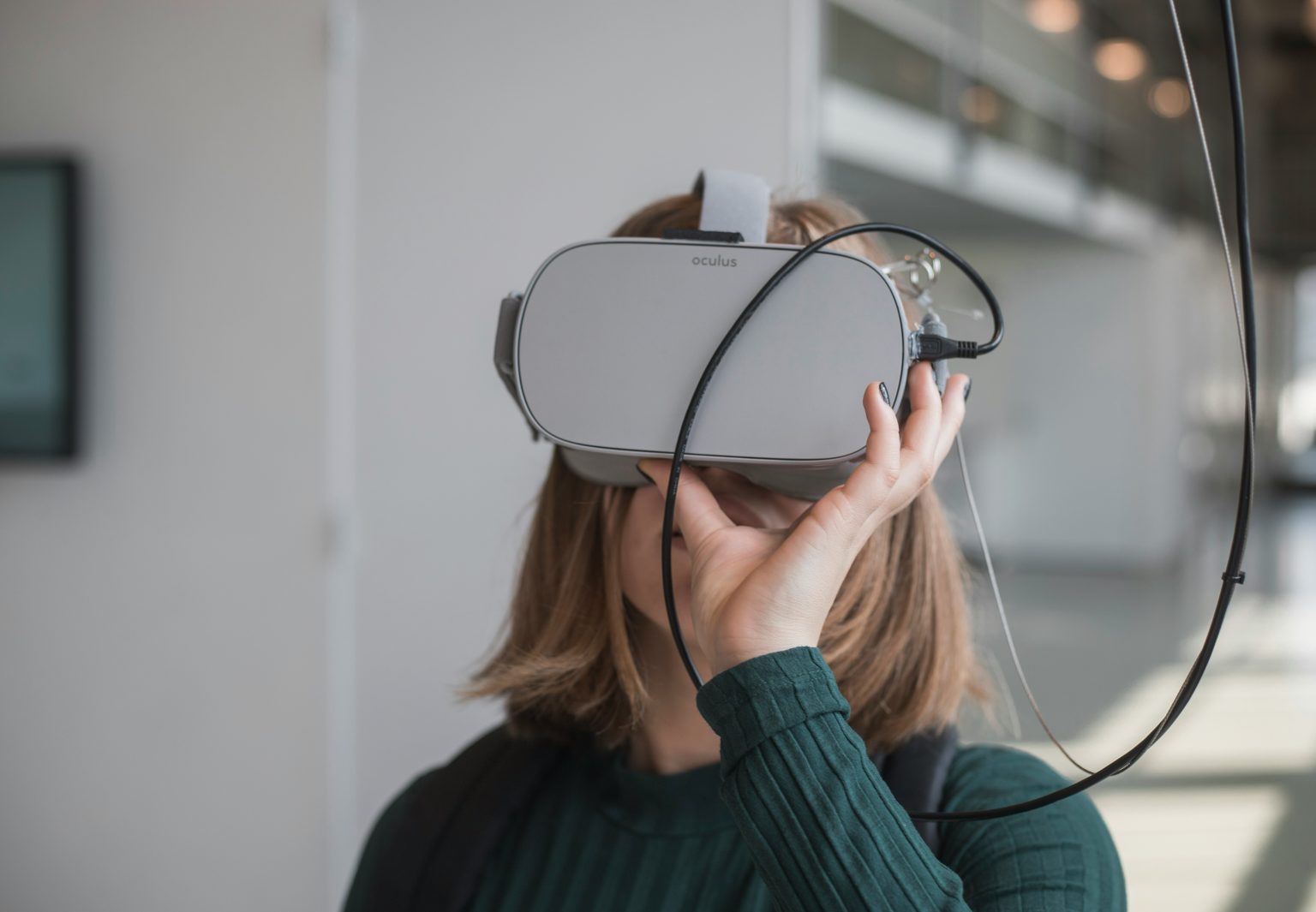Virtual reality technology has traveled a curious path since its commercial debut, promising revolutionary experiences that somehow never quite materialized for mainstream consumers. The bulky headsets, motion sickness concerns, and limited content libraries relegated VR to niche gaming communities and specialized applications for years. However, the online entertainment industry has begun exploring VR’s untapped potential with renewed enthusiasm. Platforms like Spinbara casino are investigating how immersive technology might transform digital entertainment experiences, moving beyond traditional screen-based interactions toward fully realized virtual environments.
The Historical Struggle with VR Adoption
Virtual reality faced significant obstacles during its initial commercial phases, with consumer enthusiasm dampened by technical limitations and prohibitive costs. Early headsets required powerful computer systems, complex setup procedures, and dedicated play spaces that many households could not accommodate.
Content scarcity compounded hardware challenges, creating a chicken-and-egg scenario where developers hesitated to invest in VR projects due to limited user bases, while consumers avoided purchasing expensive equipment lacking compelling experiences. The gaming industry bore much of the burden for VR development, but entertainment platforms remained largely skeptical about the technology’s commercial viability for their specific applications.
Technical Breakthroughs Enabling New Possibilities
Recent advances in display technology, processing power, and wireless connectivity have addressed many fundamental VR limitations. Higher resolution screens eliminate the screen-door effect that plagued earlier devices, while improved refresh rates reduce motion sickness for sensitive users. Standalone headsets remove the need for external sensors and cable management, simplifying setup and expanding potential use cases.
Hand tracking and gesture recognition systems now enable natural interactions without controllers, creating more intuitive experiences for users unfamiliar with gaming peripherals. Spatial audio technology enhances immersion by providing realistic soundscapes that respond to head movements and environmental changes. Platforms like Casino Online Spinbara can leverage these improvements to create compelling virtual spaces that feel genuinely engaging rather than merely novel.
Creating Immersive Social Environments
Virtual reality excels at recreating social interactions that traditional digital platforms struggle to replicate. VR environments can simulate the atmosphere and energy of physical entertainment venues, complete with realistic lighting, ambient sounds, and spatial relationships between users. Avatar systems allow players to maintain visual presence and engage in non-verbal communication through gestures and body language.
Shared virtual spaces foster community building by enabling meaningful interactions between users from different geographic locations. The technology supports multiple communication channels simultaneously, from proximity-based voice chat to private messaging systems. Casino Online Spinbara and similar platforms recognize that social elements often drive user engagement more effectively than solitary experiences.
Integration Strategies and Future Development
Online entertainment platforms approach VR integration through gradual implementation rather than complete platform overhauls. Hybrid experiences that allow VR and traditional users to interact within the same virtual spaces maximize accessibility while showcasing new technology capabilities.
Development partnerships with VR specialists help established platforms navigate technical complexities while focusing on their core entertainment offerings. Cross-platform compatibility ensures that VR features enhance rather than fragment existing user communities. The approach allows the Casino Online Spinbara and other platforms to explore immersive technologies without abandoning proven successful elements of their current offerings.
